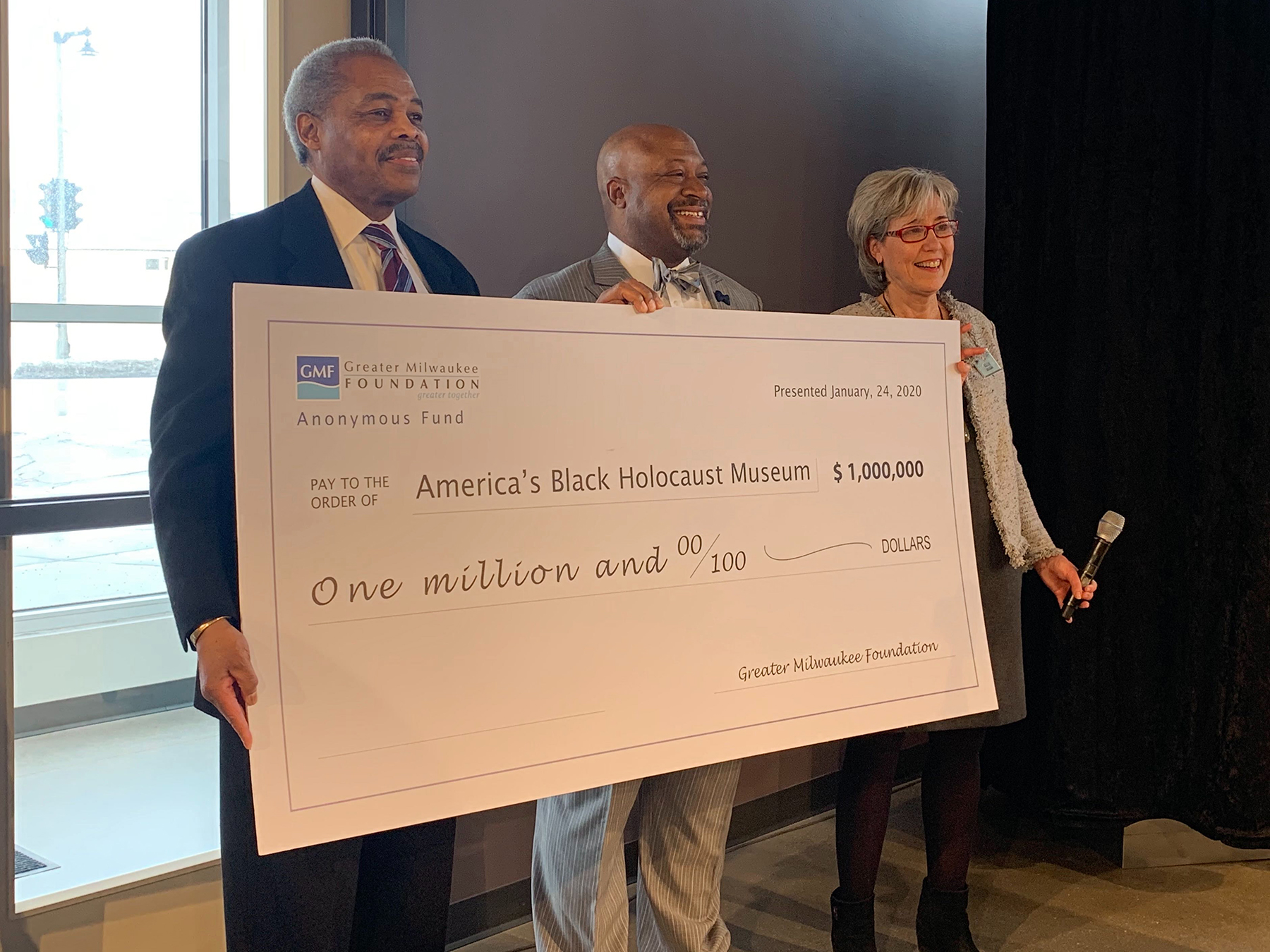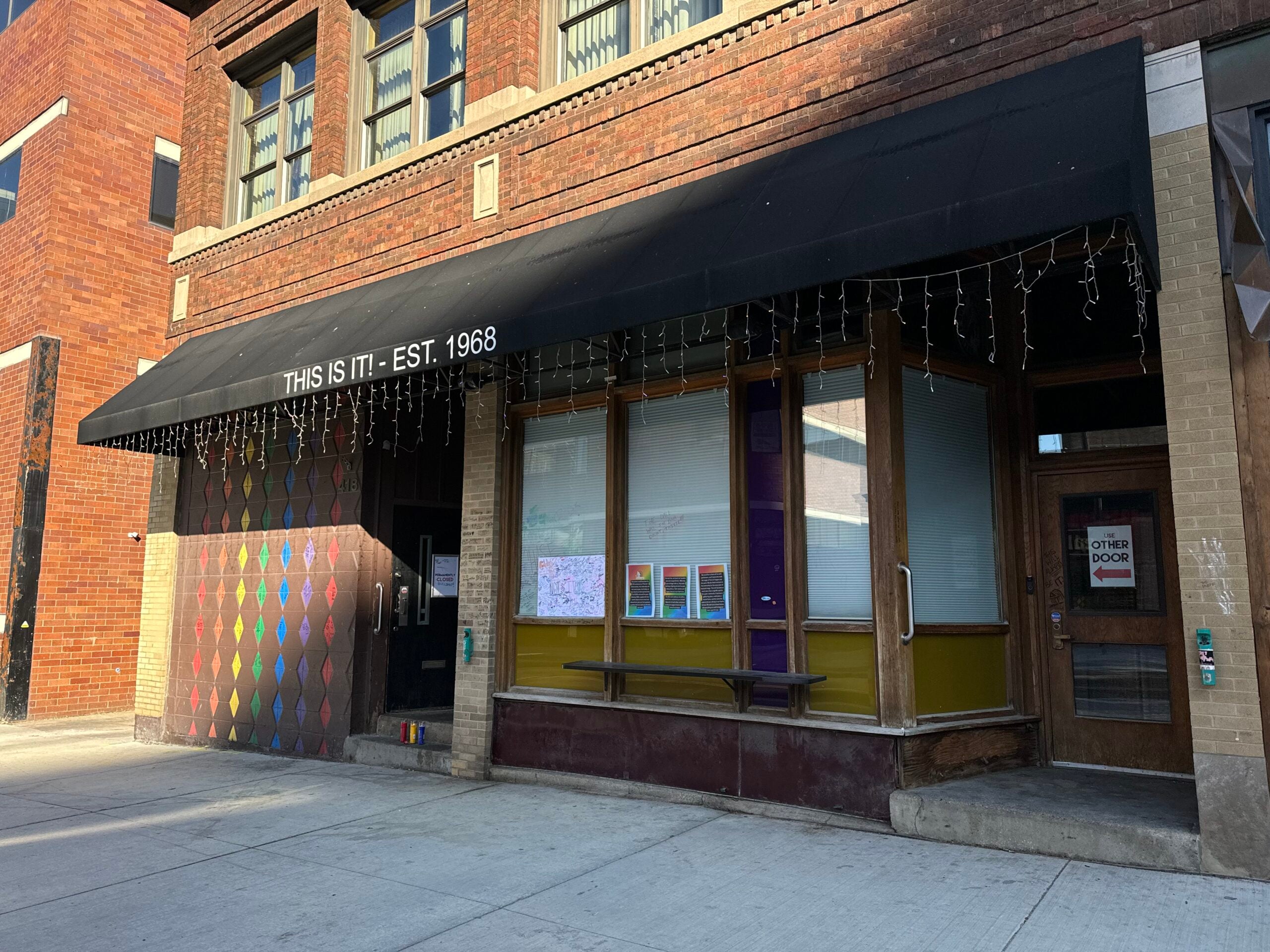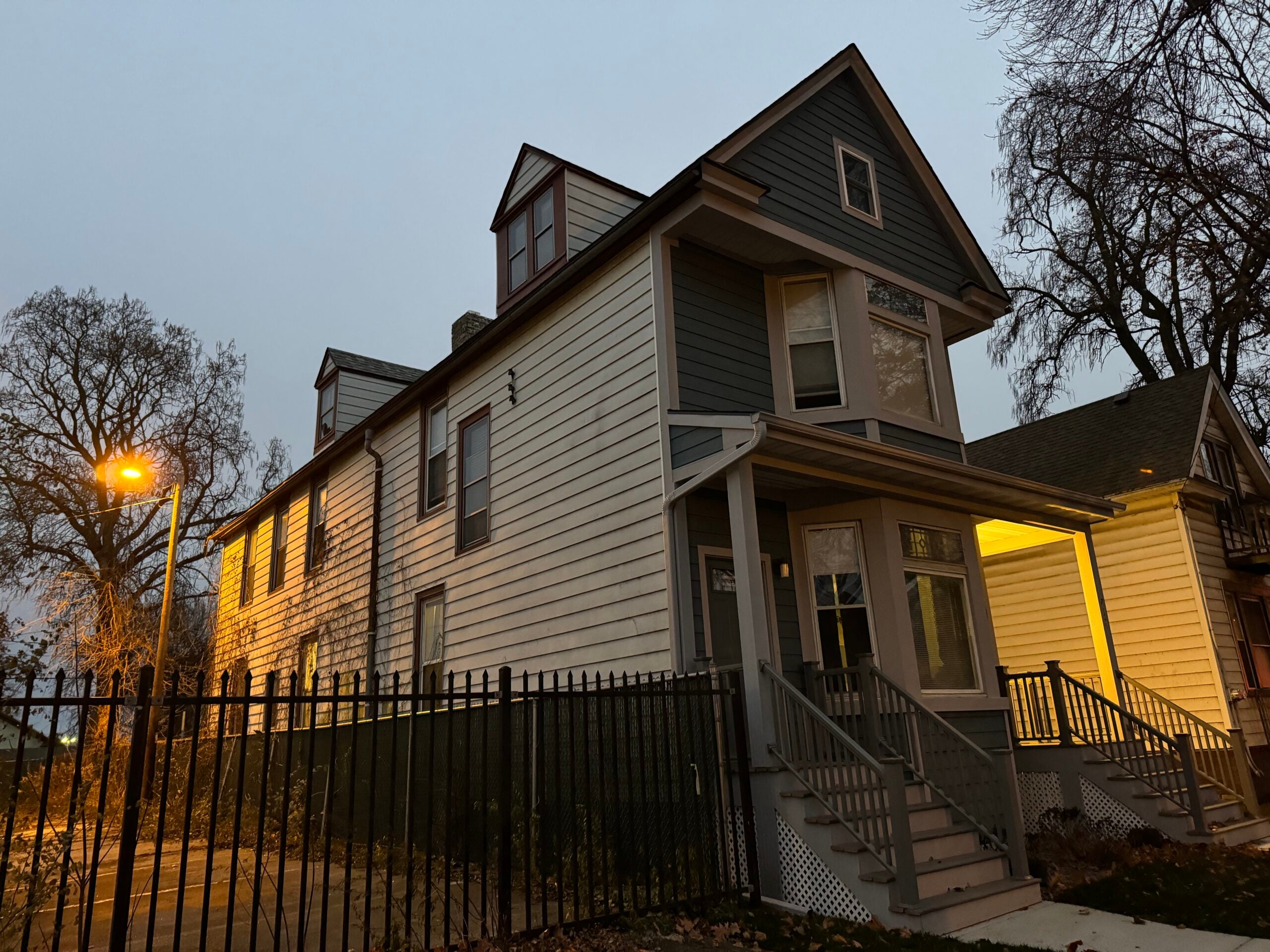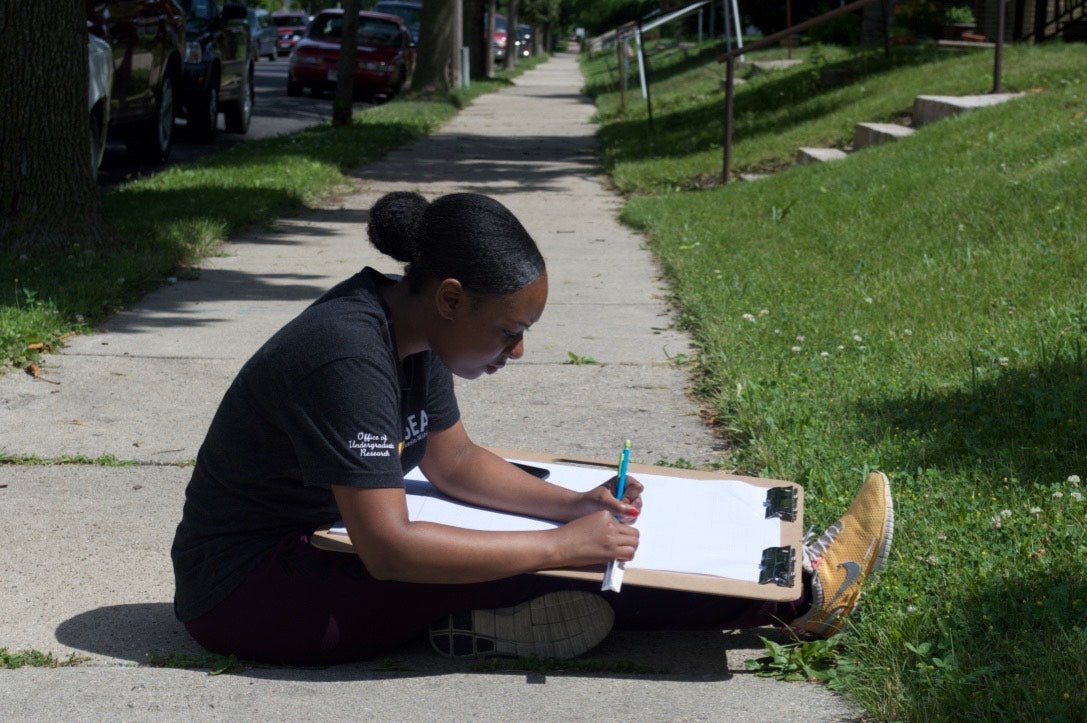America’s Black Holocaust Museum in Milwaukee is planning to open in February after closing its doors more than a decade ago, thanks in part to a new $10 million grant.
The museum was founded by lynching survivor James Cameron in 1988. It closed in 2008, two years after Cameron died.
In 2017, ground was broken for the new physical site of America’s Black Holocaust Museum in Milwaukee’s Bronzeville neighborhood, but the museum has struggled to open its doors because of a lack of artifacts, exhibits, staff and educational programming.
News with a little more humanity
WPR’s “Wisconsin Today” newsletter keeps you connected to the state you love without feeling overwhelmed. No paywall. No agenda. No corporate filter.
A $10 million commitment made by an anonymous donor through the Greater Milwaukee Foundation will help the museum hire staff, finish the last three exhibits and purchase an additional building for educational space, said Dr. Robert (Bert) Davis, president and CEO of the museum.
“At a time of hyperpolarization, we are in dire need of safe spaces and opportunities created to bring us together to explore difficult issues, to learn and to celebrate our history,” Davis said. “The reemergence of the museum is critical at this time for Bronzeville, Milwaukee and nationally.”
Davis, who was hired in 2019, has been hosting virtual exhibits as well as five book clubs throughout the pandemic. He said they’ve been very popular given today’s environment.
“Because of Breonna Taylor and George Floyd and all of these other individuals who have lost their lives, there has been a considerable amount of attention to understanding what is going on in the United States now as it relates to race,” Davis said. “The mission of the museum will be to actually bring to life the effects of colonialism, slavery and Jim Crow that are still in place in December of 2021.”
The $10 million grant will be used to open and expand the museum for public use. Half of the money will be sued to enhance the exhibits and acquire an adjacent building at 324 W. North Ave. for academic programming.
Phase 2 will be to sustain the museum, and never close again, Davis said.
“There are a lot of stigmas that are associated with a museum, or any kind of cultural institution, closing,” Davis said. “Once you close, you rarely, and I mean rarely reopen your doors. So, this is really a big deal that the museum is going to come back. And even stronger than before.”
Wisconsin Public Radio, © Copyright 2025, Board of Regents of the University of Wisconsin System and Wisconsin Educational Communications Board.





